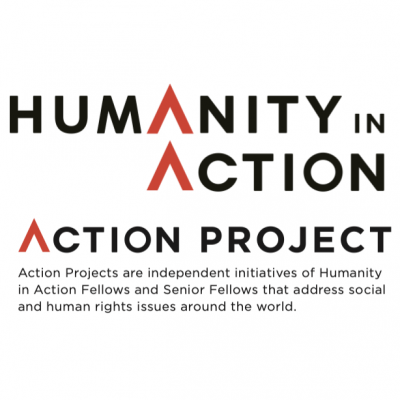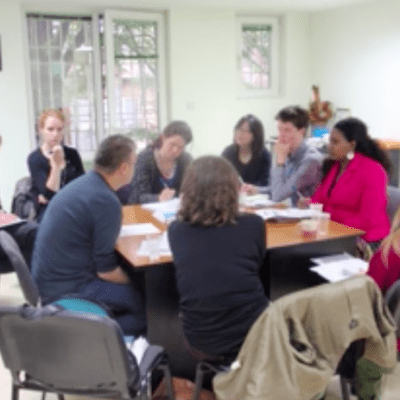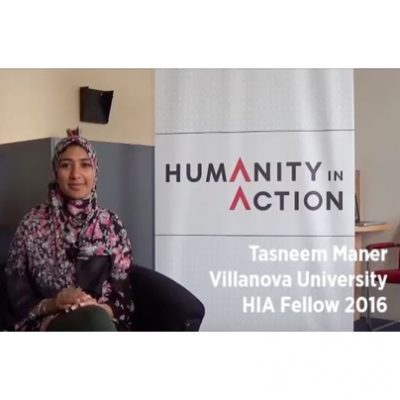Article
Over the past decade, events such as the hijacking of American planes on September 11th, 2001 and the murder of Theo Van Gogh in 2004 have ushered in a political climate in which Muslims living in the Netherlands are facing increasing discrimination and negative characterizations. In an atmosphere of misinformation, nativist individuals such as Geert Wilders peddle images of Muslims as intolerant fundamentalists for political gain. Due to the rising discrimination against Muslims, there is a need to counter the disparaging rhetoric with voices from the Muslim community that assert their dignity and value to Dutch society.
Formed in response to the horrific July 2011 attacks in Oslo, Norway, the authors of this report felt compelled to contribute their expertise to counteract the negative environment of Islamophobia in the Netherlands. Senior Fellows Nathan Furukawa and Umar Ikram discussed the political climate in Europe that had led to the Oslo attacks, and wondered about the ultimate effects of the event. In the process, they found themselves drawing comparisons to the struggles of American minority groups for integration and success.
Nathan and Umar believed that examples of achievements by minority communities in the United States could be used to generate suggestions for the Dutch Muslim community to better combat Islamophobia and discrimination.
Nathan and Umar teamed up with Elizabeth A. Clark to write a report that addressed the increasing Islamophobia in Europe and provided recommendations for how the Muslim community could effectively respond. They began by conducting a series of qualitative interviews with leaders in the business, media and political communities.
Ultimately, Nathan and Umar believe that the Muslim community needs to simultaneously build solidarity within their community and also reach out to engage the external non-Muslim Dutch community.
This paper represents a synthesis of several interviews with community and political leaders in Muslim communities in the Netherlands as well as American examples of successful minority political engagement, such as the various groups that became visible during the Civil Rights Movement. The report contains four themes: Identity, Diversity in the Muslim Community, Political Engagement and Media.
The authors began by presenting their findings and recommendations to Contactorgaan Moslims en Overheid (CMO), a Dutch umbrella organization formed by the government to consult about Islam. While the organization provided positive feedback, it was not in a position to work to adopt the recommendations at that time.
The authors then had a series of discussions with their interviewees and other individuals in the community. They agreed that it would be better to try and distribute the report to the community using social media channels, as the report is written by younger professionals and is more apt for a younger audience. Wij Blijven Hier!, one of the most well-known blogs about Dutch Muslim affairs in the Netherlands, agreed to post the report (read here in Dutch). Furthermore, the authors wrote an op-ed about the contents of the report and linking the relative decline in Dutch support for the EU project with the rise in Islamophobia/Euroscepticism.
Due to the rising discrimination against Muslims, there is a need to counter the disparaging rhetoric with voices from the Muslim community that assert their dignity and value to Dutch society.
Nathan and Umar stress that the key to a successful project is being able to quickly adapt to the unexpected challenges one will inevitably face. They recommend identifying early on the dynamics of the institutions with which one wants to work with. By targeting the individuals that have the power to enact change ,if they are swayed, you can gain wider support for your project. They also recommend being open to change because it often results in finding new opportunities that you may not have thought of initially. Sometimes these new opportunities end up being the most important finding or output of your work. Just keep an open mind and be relentless in trying to make your project successful.
To learn more and read their report, click here.




